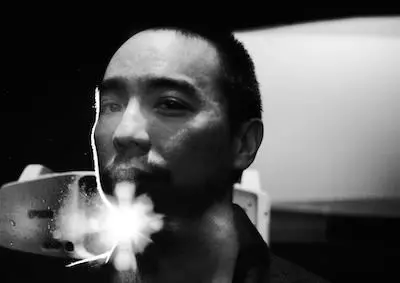
With a name as complicated for a mere Westerner to spell and as impossible to pronounce properly as any word in the language spoken in his native Thailand, Apichatpong Weerasethakul really is that one in a million type of artist. A filmmaker from the northern province of Khon Khaen, he has crafted a unique, extremely layered, deeply nuanced perspective which permeates his entire practice and has much at its core his own culture and background.
AW’s (which is how we'll keep it for the benefit of, well, everyone) cinema is multilayered, transgressive, solene, and rather nostalgic all in one go. It’s incredible to me that, as someone who has visited Thailand but will never be Thai, I was able to perceive that the stern comments and vehement criticisms he makes about his own culture are not made without affection. Nevertheless, what he did is he left me with the opportunity to take away my own meaning from the films, particularly in Cemetery of Splendour, which may very well not pertain to Thai culture at all in the way he means it.
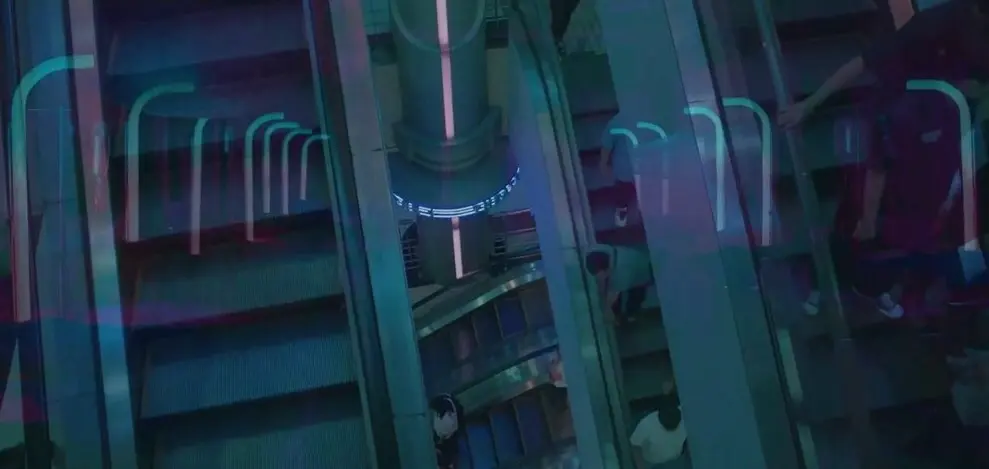
I think this is what AW wants for his work to accomplish, that multiple dialogues be happening on multiple levels of understanding, and different contexts- though make no mistake, every element of his films belongs in some way to the realm of ‘Thainess’, regardless of our understanding. That happens because the dialogues and characters represent one specific, exclusive experience which is inherently plural, in that it belongs to the collective of Thai people. Human experiences are multifaceted. Identities are multifaceted, and so is being Thai- that is why and how the collective of humans as a whole is able to not be excluded from his work.
It is only befitting that the films open up several dialogues at once, within and outside of themselves. Even the process of shooting, AW is quoted as having said, had this plural 'character' to it: a record of the actors and crews’ presence, that is, reality, was created- from the scope of creating a different reality. And so it was.
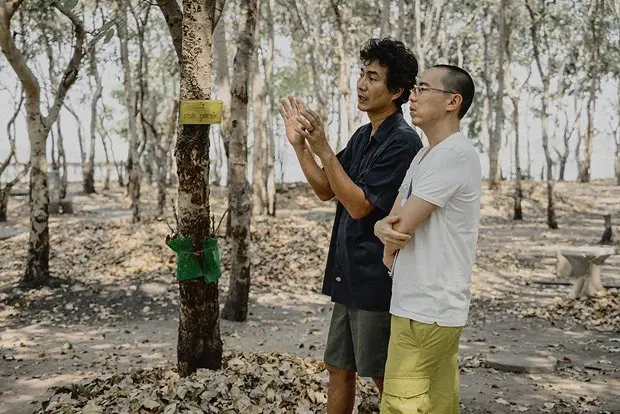
Through the filter of this Thainess, many themes emerge which pertain to the "real" and outer world. A constant pool of them exists somewhere, where they each float around and are periodically invoked by the episodes or the contexts of the loose narrative frames. That each theme is specifically discussed/ emphasized/ approached at least once, does not diminish the importance or presence of more than one theme at a same time.
AW’s cinema favors emphasizing physical sensations over plot-driven action, which more often than not, denies the audience their desire for classical narrative and resolution.
In Uncle Boonmee Who Can Recall His Past Lives, particularly, the filmic concept of time is framed through an individual’s uncertain experience of temporality (which allows for nearly unlimited subjectivity, if you think about it); so by “compromising” thusly the expression of the memory of past events, the film’s dialectics and execution also challenges the classic modes of representation of time. It also questions the very necessity and practice of establishing specific points in time. In the film, Huay the ghost explains, at one point, to her relatives, surprised about her age: “I have no concept of time any longer.” It then also inevitably opens up a dialogue about reincarnation.
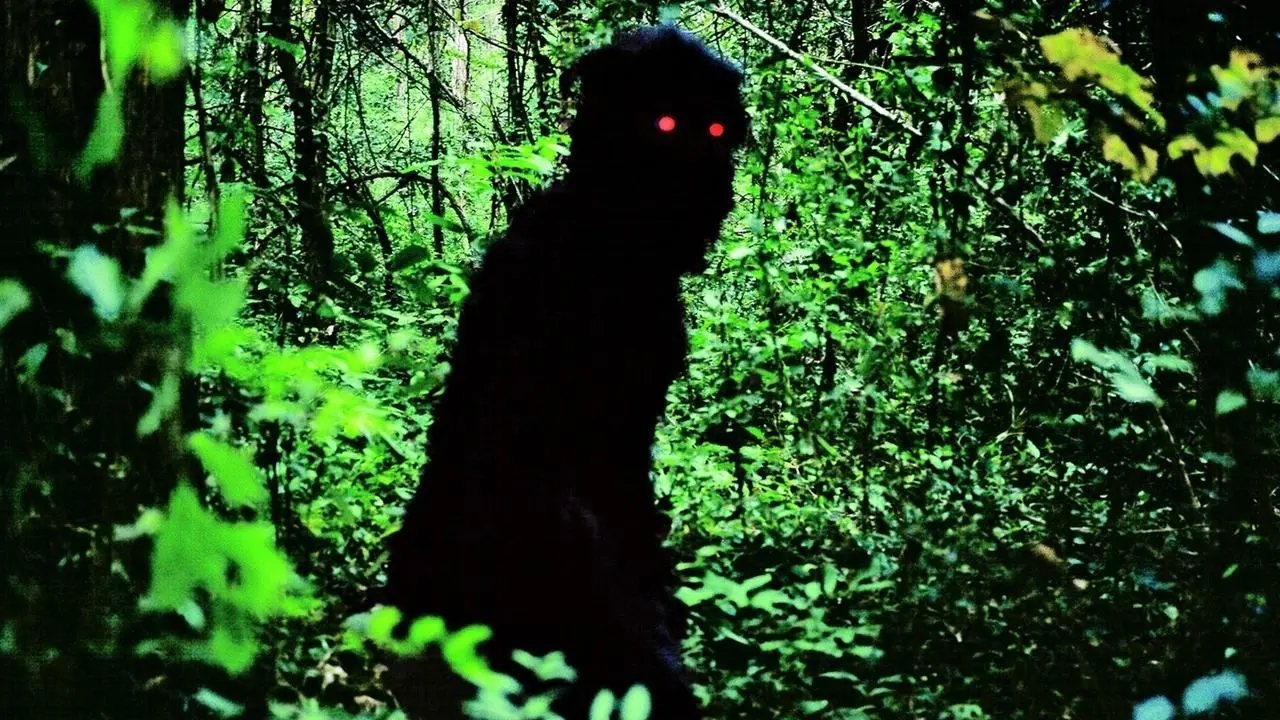
Furthermore, some sequences seem vaguely coherent, like they belong in that setting but make no sense at all (befitting of the dream logic). This is the case of what was, at least in a number of internet entrances, called the “musical chairs scene”- except this is an Apichatpong film, so there is no music, and there are no chairs. The characters simply move around each other, exchanging seats on different benches. No reason, only vague rhyme.
It belongs to a discussion that’s happening as much outside the film, as well as within it.
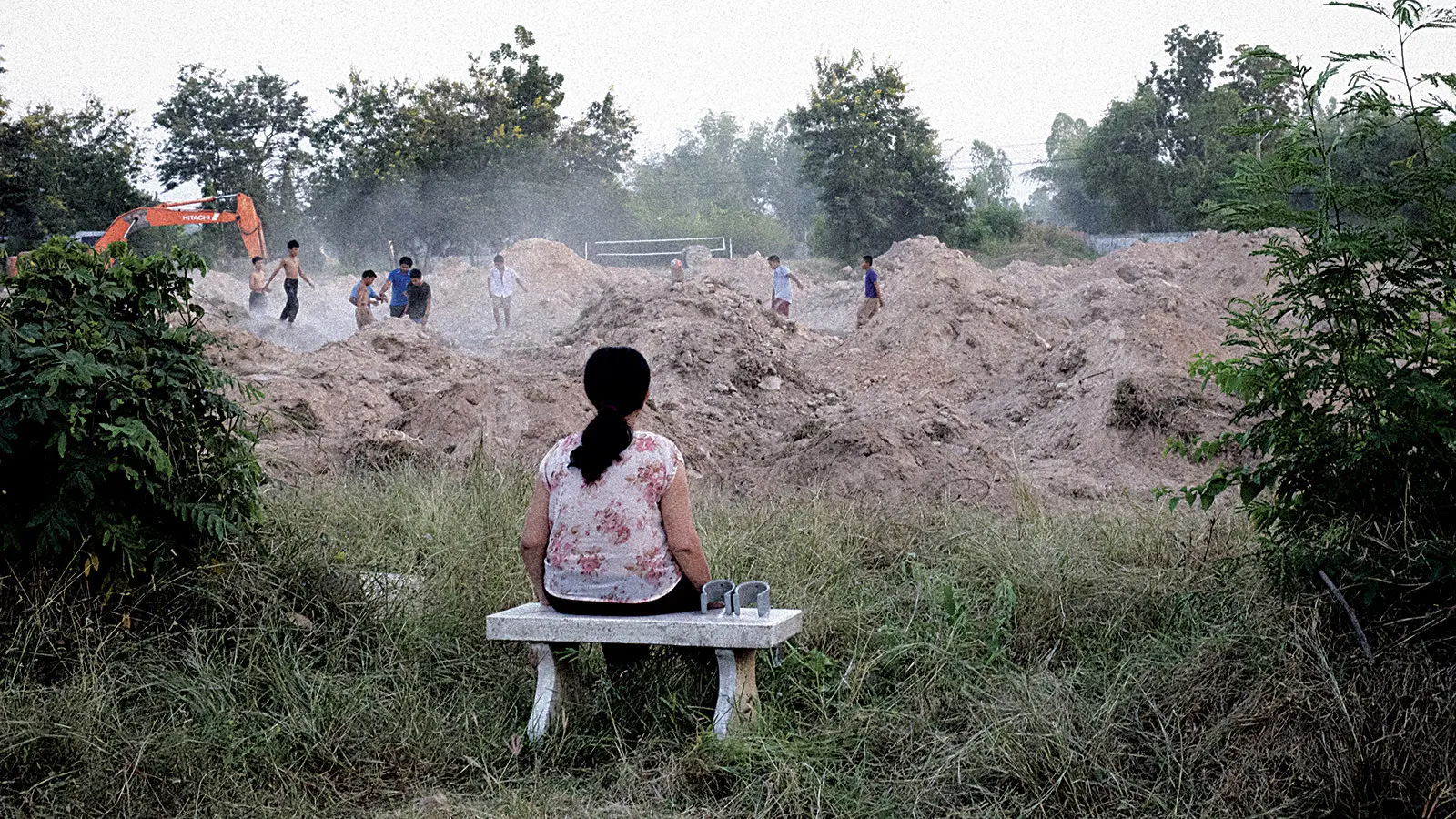
Whereas other sequences also focus on people simply going about their business, what Americans like to call “slice of life”, daily scenes of life in that part of Thailand. They’re not exactly that, but they remind your senses
of that, and each of their duration and time of occurrence seems random- very much, again, like in a dream.
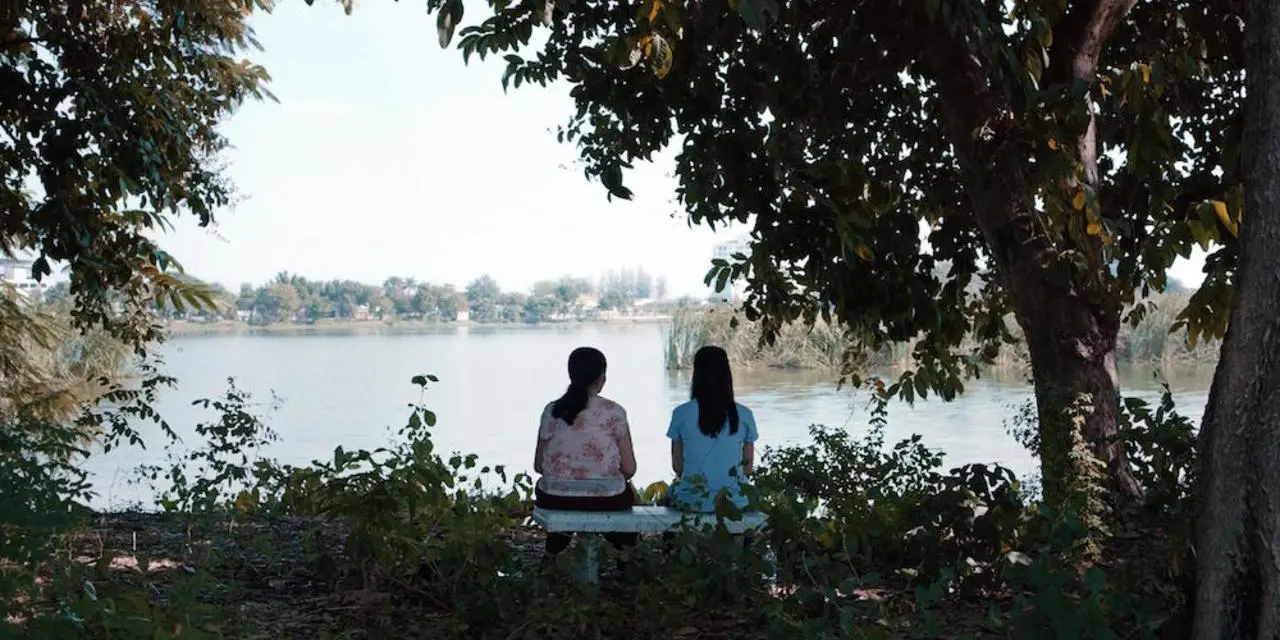
Another key element of AW’s dialectics, practice, and rational (all at once, in no particular order) is juxtaposition. Critics say his work treat cinema as a means, emerged from a context of modernity, to preserve cultures/traditions/ identities that are being fragmented by the rise of this same modernity. It becomes a paradox of sorts, by which a product of what is destroying these things, offers the possibility to save them, and brings us back to the previous discussion about reincarnation, touched upon in Uncle Boonmee.
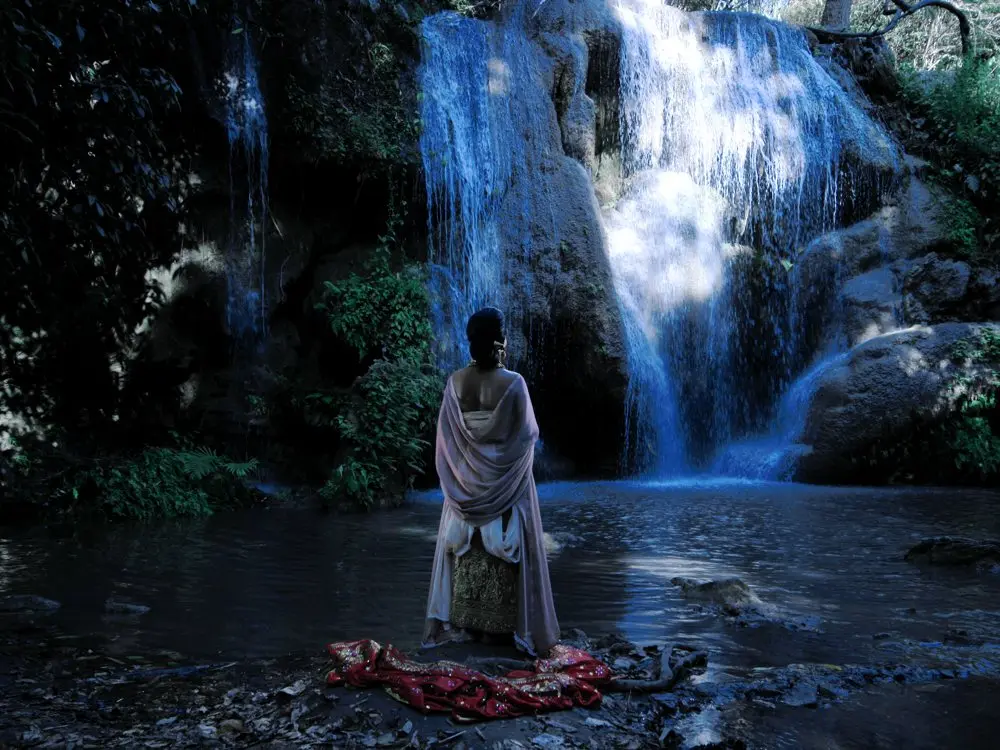
Lastly, characteristically, juxtaposed are the old and new Thailand: the place of AW’s and his actors and collaborators’ memories, where a centuries-old religious tradition can still reinforce itself, crashes into a modern hub of activity an the global context of rapid and cyclical modernization/ renovation. A context in which this filmmaker leaves his unquestionable mark.


 Log in
Log in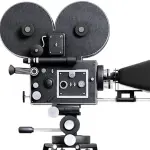

No comments yet,
be the first one to comment!